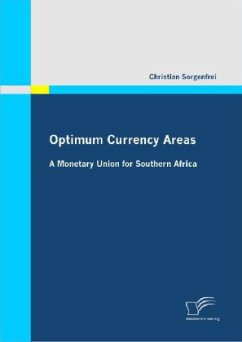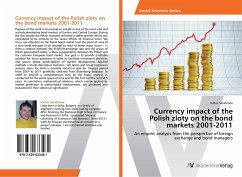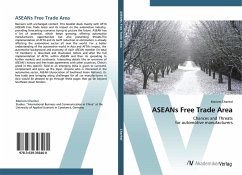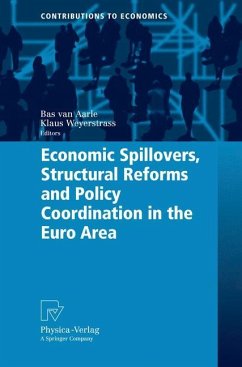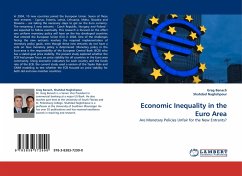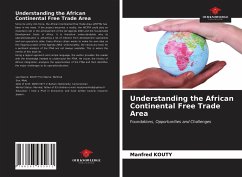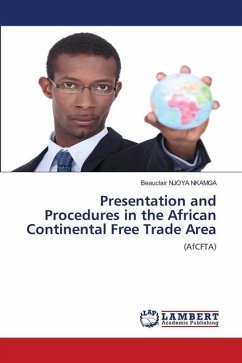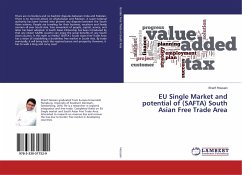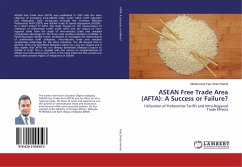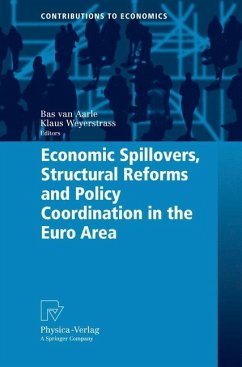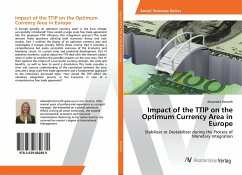
Impact of the TTIP on the Optimum Currency Area in Europe
Stabilizer or Destabilizer during the Process of Monetary Integration
Versandkostenfrei!
Versandfertig in 6-10 Tagen
22,99 €
inkl. MwSt.

PAYBACK Punkte
11 °P sammeln!
Is Europe actually an optimum currency area? Is the Euro already successfully introduced? How would a large scale free trade agreement like the proposed TTIP influence this integration process? This book answers these questions utilizing both economic theory and case studies. Part 1 outlines the theory of an optimum currency area and investigates if Europe actually fulfills those criteria. Part II provides a comprehensive but easily accessible overview of the Economic and Monetary Union, its current state and predicted development. Part III examines economic studies about the TTIP deal with th...
Is Europe actually an optimum currency area? Is the Euro already successfully introduced? How would a large scale free trade agreement like the proposed TTIP influence this integration process? This book answers these questions utilizing both economic theory and case studies. Part 1 outlines the theory of an optimum currency area and investigates if Europe actually fulfills those criteria. Part II provides a comprehensive but easily accessible overview of the Economic and Monetary Union, its current state and predicted development. Part III examines economic studies about the TTIP deal with the relevant subject areas in order to examine the possible impacts on the euro area. Part IV then explores the criteria of a successful currency domain, the costs and benefits, as well as how to avoid a dissolution. This book provides a clear and concise understanding of the correlation between the euro area and a large scale free trade agreement and a fundamental approach to the intensively discussed topic: How would the TTIP affect the monetary integration process in the Eurozone in case of a comprehensive free trade agreement?



